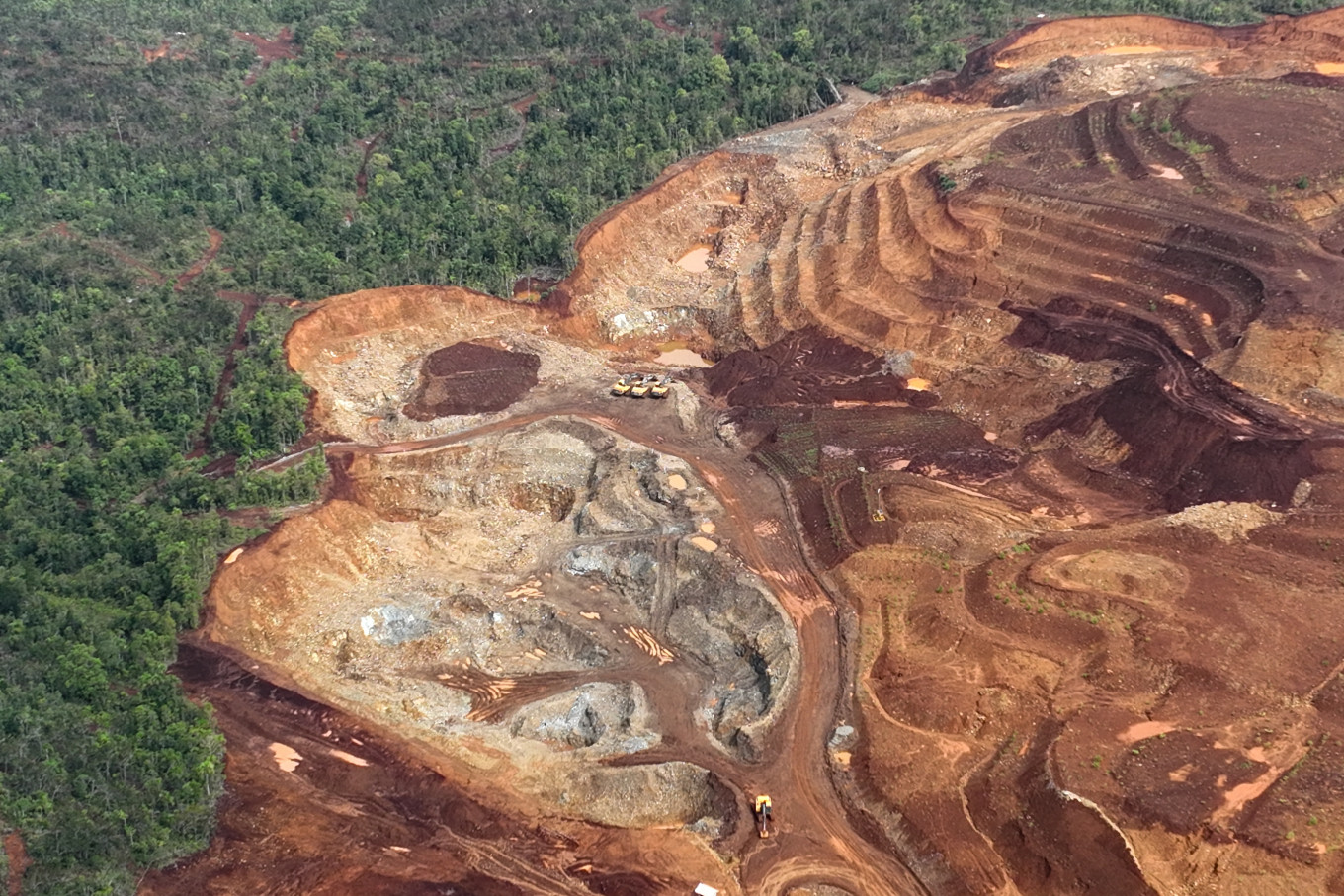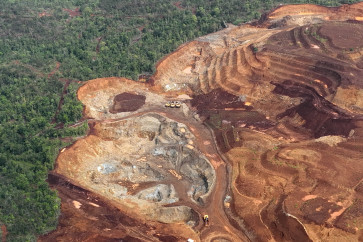Popular Reads
Top Results
Can't find what you're looking for?
View all search resultsPopular Reads
Top Results
Can't find what you're looking for?
View all search resultsGreen democracy is the path forward
When democracy can’t protect the people most affected, it stops being democracy.
Change text size
Gift Premium Articles
to Anyone
E
very time disaster hits, the same question returns: is our democracy still strong enough to protect Indonesians from a worsening ecological crisis? It is not just about floods or choking haze, it is about recognizing that environmental damage is political. It decides who gets heard, who gets ignored and who gets protected.
In the past decade, Indonesia has been caught between two reinforcing blows: a rapidly deteriorating environment and a democracy in retreat. Forests shrink, coastlines erode, air quality worsens, while civic space narrows and public policy bends to short-term interests. Together, these twin crises make us far more vulnerable than we care to admit.
That is why green democracy matters. It links democracy with ecological survival, and it is far from an academic buzzword. It is a practical way to confront the crises unfolding around us. No surprise it became a central theme at this year’s Habibie Democracy Forum (HDF-2025), where former president Susilo Bambang Yudhoyono (SBY) delivered the keynote speech.
A state cannot call itself democratic if it ignores the environment. Robyn Eckersley made this clear in The Green State: governments cannot keep trading the future for short-term wins. In Indonesia, where permits overlap, spatial plans shift easily and development often pushes past ecological limits, her warning is spot on. Real democracy has to think beyond the next election cycle.
Robert Bullard showed in Dumping in Dixie that pollution is not random, it follows race and class in society, landing hardest on those with the least power. The pattern is familiar here: indigenous and local communities losing forests, small farmers pushed aside by mega-projects, fishers squeezed by reclamation and urban poor families living with dirty air and unsafe water. When democracy cannot protect the people most affected, it stops being democracy.
At its heart, the ecological crisis is a crisis of voice, of whose views matter. In Indonesia, the perspectives of scientists, environmental groups, local communities and indigenous peoples are too often drowned out by a single storyline of “development.” Big decisions, from the new capital to reclamation and energy projects, are frequently made with little public input. As John Dryzek in 2013 noted, environmental problems cannot be solved by technocrats or markets alone, they need genuine public deliberation. Through tools like citizens’ assemblies, people can help shape policy and ensure environmental decisions are fair, inclusive and sustainable.
There is no reason to doubt Indonesia’s ability to change. We have done it before. Under president SBY, Indonesia helped shape global debates on democracy and the environment, from Bali’s COP13 and the Bali Road Map to the 26-41 percent emissions pledge and the creation of REDD+ as a global model. The Bali Democracy Forum also placed Indonesia at the center of Asia’s democratic dialogue.



















